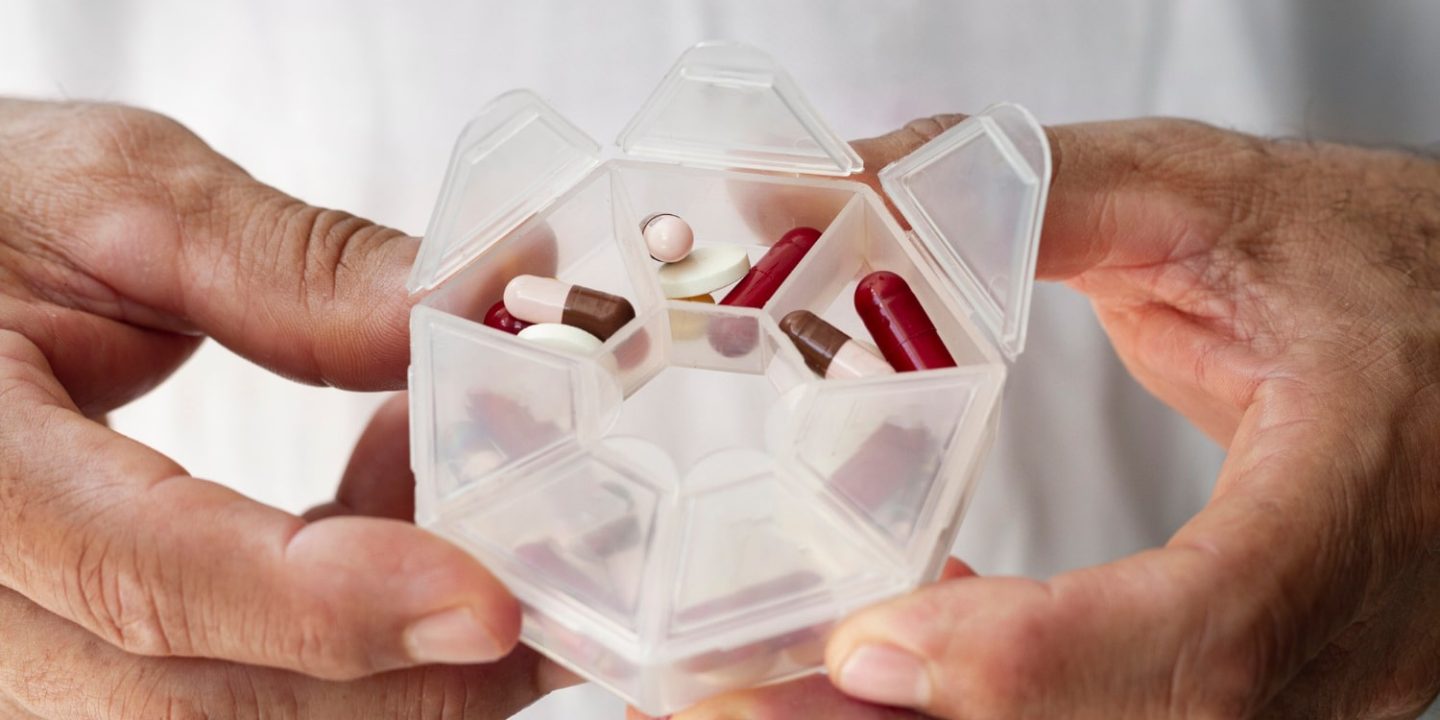
Novartis may have dropped one Sjögren’s syndrome program this year, but Novartis appears to have a promising contender with a different drug candidate. The Switzerland-based company has been testing ianalumab, a dual-action, B-cell-depleting antibody aimed at the BAFF-R protein, in two phase 3 trials named Neptunus 1 and 2, which together recruited 779 individuals with the systemic autoimmune disorder.
Novartis reported in an August 11 announcement that both trials achieved their primary goal of showing improved disease activity, as computed by the EULAR Sjögren’s syndrome disease activity index at 52 weeks, when compared with placebo. The treatment was also well tolerated and exhibited a positive safety profile, according to Novartis.
The firm celebrated the achievement as the first worldwide phase 3 study to show a statistically significant decrease in disease activity for Sjögren’s syndrome. For now, Novartis is withholding the detailed data for presentation at an upcoming medical meeting, while outlining intentions to submit the findings to international regulators in hopes of delivering the first targeted therapy for the autoimmune condition to market.
Novartis CMO Shreeram Aradhye noted in the release that Sjögren’s disease is a progressive and serious systemic autoimmune condition that is frequently overlooked or misdiagnosed, significantly impairing quality of life. He added that treatment choices are scarce, leaving a clear medical need yet to be properly assessed.
He further stated that both phase 3 studies showed ianalumab reduced disease activity in individuals suffering from Sjögren’s disease. He described the results as an important milestone and said the company intends to meet with health authorities soon to review the findings.
This marks a major victory for Novartis, which began the year by discontinuing its anti-CD40 antibody, iscalimab, after losing confidence in its competitive prospects. That development rose the status of ianalumab as Novartis’ strongest contender for treating the disease.
Novartis executives noted at the time that ianalumab had already delivered notable improvements in patients with this highly challenging condition during phase 2 trials.
Iscalimab was the most recent Big Pharma candidate to fall short in the pursuit of a Sjögren’s treatment. In 2024, Sanofi removed Sjögren’s from the intended uses for its CD40L monoclonal antibody, frexalimab, after reviewing phase 2 efficacy results. Kiniksa Pharmaceuticals also recently halted development of its own Sjögren’s contender, abiprubart.
Although Novartis had consistently shown optimism regarding ianalumab’s potential in the autoimmune disorder, the treatment has come across its own clinical hurdles. In July, Novartis disclosed that the B-cell-depleting antibody did not meet the efficacy benchmark in a phase 2 trial for hidradenitis suppurativa, a painful skin disease.
Ianalumab’s journey started through Novartis’ partnership with MorphoSys, prior to the pharmaceutical giant acquiring the biotech last year. The drug is also under investigation for additional B cell-related autoimmune conditions, including immune thrombocytopenia, lupus nephritis, and systemic lupus erythematosus.
The success of ianalumab in Sjögren’s syndrome is widely viewed in the industry as a turning point for Novartis. Given the rarity of effective targeted therapies in this area, achieving phase 3 endpoints gives Novartis strong leverage when seeking regulatory approval and possibly fast-track designations. Patients with refractory disease who previously had few options may benefit significantly once this therapy is on the market.
Experts caution, however, that regulatory submissions will need to show not only efficacy but also long-term safety and durability of response. It is likely preparing more detailed data on secondary endpoints, biomarkers, and patient subgroups to show which patients receive the greatest benefits and minimal risks.
From a commercial standpoint, it may face competition, but the phase 3 results put ianalumab ahead in the race. Payers, insurers, and healthcare systems will be keen to see cost-effectiveness analyses, especially for chronic autoimmune indications. Novartis’ existing infrastructure, global reach, and reputation could facilitate smoother market access once approvals are secured.







